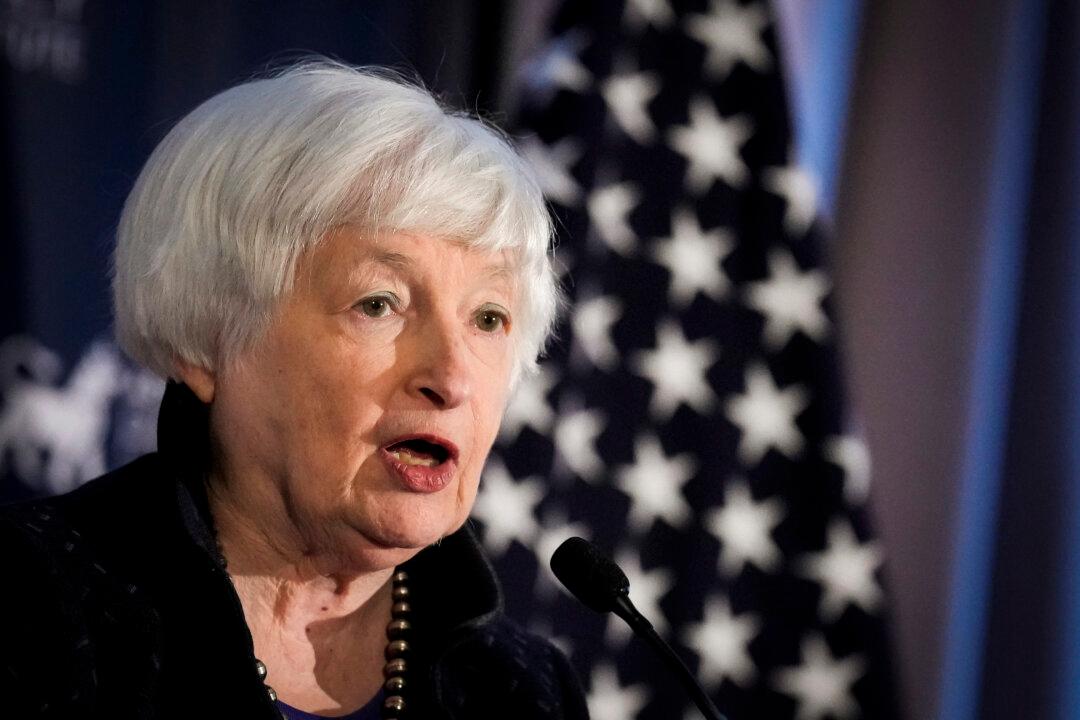The Biden administration is seeking to retain parts of former President Donald Trump’s tax cuts for those earning less than $400,000, Treasury Secretary Janet Yellen told reporters.
Ms. Yellen confirmed to reporters before her appearance at the Economic Club of Chicago that President Joe Biden would extend parts of his predecessor’s 2017 Tax Cut and Jobs Act (TCJA) legislation, which is set to expire in 2025.





